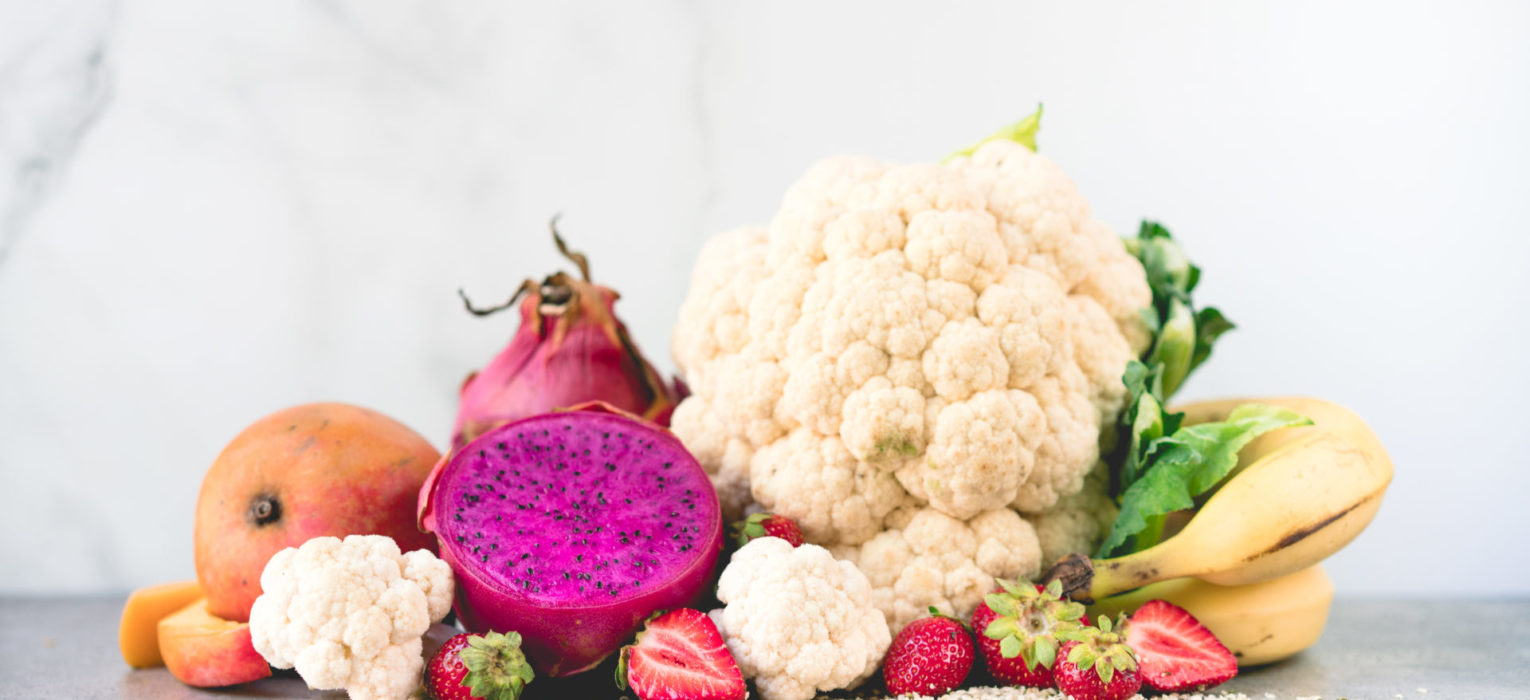This post is also available in: Français
It isn’t news that, generally, health professionals have recommended that we reduce our consumption of sugar. High consumption of sugar has been linked to an increased risk of obesity, type 2 diabetes, cardiovascular disease, and even certain cancers. However, many chefs, bakers, and health experts alike would agree that grouping the various types of sugars into one sole category would be a mistake. In light of our recent 21 Day Sugar-Free Challenge, let’s take a look at how the different types of sugar affect our bodies.
The 3 Different Types of Sugar
We’ve chosen to define the different types of sugar by placing them into 3 categories: Refined Sugar, Natural Sweeteners, and Natural Sugar.

Refined Sugar
To simply put it, refined sugar is the sugar that has been processed in some form or another, versus the natural sugar that’s found in fruits. It includes the most basic type of sugar that all comes to our minds – table sugar (or sucrose), as well as powdered sugars or syrups. More examples of refined sugar include high-fructose corn syrup, cane sugar, cane juice, rice syrup, molasses, caramel, and glucose, maltose, or dextrose (most ingredients ending in “ose”).
How it affects your body:
Since your body digests refined sugar quickly, insulin and blood sugar levels will skyrocket. When the blood sugar level is too high, your body sends an alert to quickly lower it. This is why you often feel a wave of energy before feeling very tired again. A surplus of sugar in our blood is, therefore, stored in our cells to be used for energy during physical activity or converted to fat.
Natural Sweeteners
Natural sweeteners are a little tricky since many people don’t consider them as “added sugars” because they are derived from natural sources like fruits, vegetables, and plants. However, since they had to be refined in order to be used as a sweetener in products, it’s still important to take note. Examples of natural sweeteners include raw cane sugar, honey, maple syrup, agave, and molasses.
How it affects your body:
Since these natural sweeteners had to go through a refining process, they are similar to refined sugar. You can get a few vitamins and minerals from it, but it’s still considered a free sugar.
Natural Sugar
Now that we’ve defined refined sugar and natural sweeteners, it’s probably easy to imagine what constitutes natural sugar. Natural sugar is simply the sugar found in whole fruits, vegetables, dairy and grains.
How it affects your body:
Out of all the types of sugar, consuming natural sources of sugar is preferred due to how your body digests it. For example, the fibre found in fruit slows down our metabolism which makes you feel more full! Refined carbohydrates, like those found in whole grains or potatoes, are better for you than concentrated juices or pastries. When you mix sugar with fibre, healthy fats, or protein, you’re actually slowing down the absorption of sugar in your blood. This means you won’t experience sugar spikes that could lead to chronic health issues.
Our ultimate goal is to nourish our body with all the nutrients it needs. We need healthy carbohydrates (sugar) and fat for energy, as well as all the vitamins and minerals from fruits, vegetables, nuts, and seeds to fuel our bodies. Here at Evive, we always make sure each flavour contains the best nutrients possible through the quality of our ingredients. I’m so proud to offer you products that are all Certified Organic, Non-GMO, gluten-free, and vegan, with plant-based protein and no sugar added! Therefore, the sugar found in our smoothies is natural sugar, since it’s from organic fruits and vegetables.



Leave a Reply